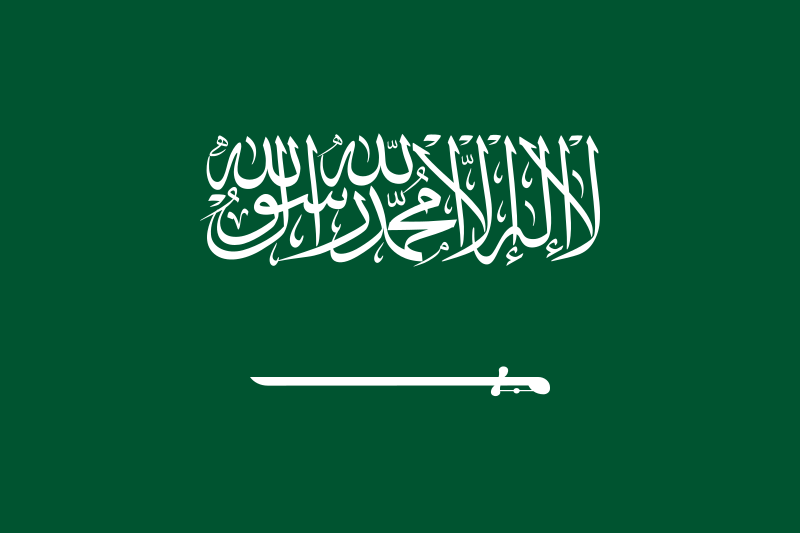
Saudi Arabia, in particular, has been at the forefront of this diplomatic push. The kingdom’s involvement highlights a shift in its regional role, with Riyadh seeking to position itself as a central mediator in the Israeli-Palestinian peace process. While historically reluctant to engage with Israel directly, Saudi Arabia’s strategic calculations have evolved, and efforts are now focused on leveraging its influence within the Arab world and the wider Muslim community. Crown Prince Mohammed bin Salman, in recent statements, has stressed the importance of achieving a peaceful resolution that respects Palestinian aspirations while maintaining regional stability.
The diplomatic efforts align closely with the interests of other key regional actors, including Egypt, Jordan, and the United Arab Emirates. These nations, with their vested interests in regional security and stability, have been working in coordination with Riyadh to present a unified front. Jordan, which shares a border with both Israel and the West Bank, has long been involved in the peace process, advocating for a solution that guarantees Palestinian statehood alongside security assurances for Israel. Egyptian President Abdel Fattah el-Sisi has echoed similar sentiments, underlining Egypt’s historical role as a broker in the region’s peace talks.
As Saudi Arabia seeks to bolster its standing in the international arena, the country has intensified behind-the-scenes negotiations, coordinating closely with U.S. diplomats and other global stakeholders. Washington, under the Biden administration, has also expressed support for a two-state solution, with Secretary of State Antony Blinken reiterating that such an outcome remains the most viable pathway to peace. The U.S. has played a critical role in the process, seeking to facilitate dialogue between both sides and encouraging regional players to support these initiatives.
The evolving geopolitical landscape, however, presents both challenges and opportunities for these renewed peace efforts. One major factor reshaping the region has been the Abraham Accords, agreements brokered in 2020 that saw several Arab nations, including the UAE, normalize relations with Israel. While these accords have opened new avenues for economic and security cooperation, they have also introduced complexities to the Israeli-Palestinian dynamic. Some Palestinian officials have expressed concerns that the normalization deals risk sidelining their cause, while proponents argue that these agreements could serve as a platform for broader peace efforts in the region.
Amid these diplomatic moves, tensions on the ground have continued to flare. Violence between Israeli forces and Palestinian groups in the Gaza Strip and the West Bank remains a recurring issue. Incidents of armed clashes and civilian casualties have persisted, fueling fears that these hostilities could undermine peace talks. The Palestinian Authority, led by Mahmoud Abbas, has faced internal challenges as well, with a fragmented political landscape in Gaza and the West Bank further complicating negotiations.
Israeli Prime Minister Benjamin Netanyahu’s government has taken a cautious approach to these regional overtures. While Netanyahu has stated his willingness to engage in dialogue, particularly under the auspices of the Abraham Accords, he has also reiterated Israel’s security concerns, emphasizing the need for guarantees that any peace deal would not compromise Israel’s defense. His administration has also continued settlement expansion in the West Bank, a move that has drawn criticism from the Palestinian leadership and international observers who view it as an impediment to the two-state solution.
Despite these challenges, there is optimism among some analysts that the convergence of Saudi-led diplomacy, U.S. involvement, and regional support could provide a rare window of opportunity. This renewed push reflects a broader shift in the Middle East’s political dynamics, where issues of economic development, security cooperation, and energy have increasingly intertwined with efforts to address long-standing conflicts.
Saudi Arabia’s strategic interests in the region are not limited to political diplomacy. The kingdom, under its Vision 2030 economic plan, has been focusing on diversifying its economy away from oil dependency, seeking new avenues for growth, including stronger ties with Western nations and investment in technological advancements. A successful mediation in the Israeli-Palestinian conflict could further enhance Riyadh’s global standing, as well as foster economic partnerships that benefit both the kingdom and the wider Middle East.
Riyadh’s efforts have been closely watched by the international community, including the European Union and other global institutions, which have called for renewed dialogue between the Israelis and Palestinians. Many of these bodies have urged both sides to avoid unilateral actions that could derail the possibility of negotiations. Palestinian statehood, based on 1967 borders with East Jerusalem as its capital, remains a core demand for the Palestinian leadership, while Israel continues to seek security guarantees and diplomatic recognition from its neighbors.
Topics
Spotlight
